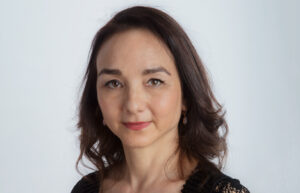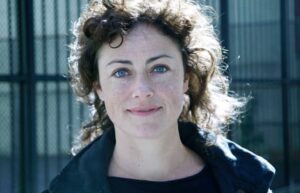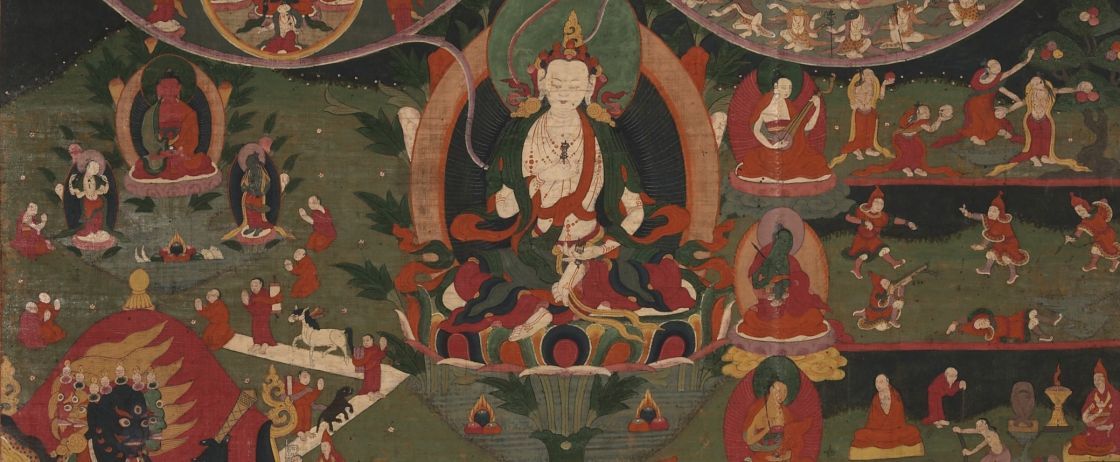
BARDO: HOW DO WE WRITE ABOUT THE IN-BETWEEN?
WITH ANN TASHI SLATER AND TENZIN DICKIE
Friday, September 15, 2023
7:00 PM–8:30 PM
Many associate the bardo as the state in-between life and death. However, the bardo also refers to any liminal state, including the midpoint of dreaming and waking. Bardos are junctures at which the possibility for awakening, or liberation, is amplified. How can we navigate bardo periods of transition and come to terms with change?
Scholar and poet Dominique Townsend will lead a conversation with two vital contributors to the Tibetan literary landscape, Ann Tashi Slater and Tenzin Dickie. Slater will describe her great-grandfather’s instrumental role in bringing the Tibetan Book of the Dead to the West, and Dickie will reflect on the act of writing as an illustration of the bardo. A book signing with Slater and Dickie of Tenzin Dickie’s newly released Penguin Book of Modern Tibetan Essays will follow the program.
Join us at 6:15 PM for a docent-led pre-program exhibition tour of Death Is Not the End.
This program is hosted by Tashi Chödrön, Rubin Museum Himalayan Programs and Communities Ambassador.
About the Book
The Penguin Book of Modern Tibetan Essays is a groundbreaking anthology of modern Tibetan non-fiction. This unprecedented collection celebrates the art of the modern Tibetan essay and comprises some of the best Tibetan writers working today in Tibetan, English, and Chinese.
About the Speakers

Tenzin Dickie is a writer and translator. A former Fulbright fellow, she works at the Buddhist Digital Resource Center in Boston. She is the editor of Old Demons, New Deities: 21 Short Stories from Tibet, published in 2017 by OR Books. Her writings and translations have appeared in Tibetan Review, Indian Literature, Cultural Anthropology, The Washington Post online, Words Without Borders, and Modern Poetry in Translation. She has an MFA from Columbia University and a BA from Harvard University.

Ann Tashi Slater has written for The New Yorker, The Paris Review, The New York Times, Catapult, Guernica, Tin House, Granta, AGNI, and many others. She is a contributing editor at Tricycle, where she hosts an interview series, Between-States: Conversations About Bardo and Life. Her Tibetan great-grandfather helped bring the Bardo Thödol (The Tibetan Book of the Dead) to the West, where it ignited an enduring fascination with the bardo teachings as a guide to a meaningful life. Traveling in Bardo, Ann’s book about the art of living in an impermanent world, will be published by Hachette Go in fall 2025. Visit her at www.anntashislater.com. Ann teaches workshops throughout the United States, Asia, and Europe. She studied Comparative Literature at Princeton and Creative Writing at the University of Michigan.

Dominique Townsend is Associate Professor of Buddhist Studies at Bard College in Annandale-on-Hudson, New York. Her research interests include Tibetan Buddhist history, aesthetics, cultural production, poetics, translation theory, and the interpretation of dreams. Columbia University Press released her first scholarly monograph, A Buddhist Sensibility: Aesthetic Education at Tibet’s Mindröling Monastery, in March 2021. She is also the author of a book about Buddhism for children and families called Shantideva (Wisdom Publications, 2015) and a book of poems called The Weather & Our Tempers (Brooklyn Arts Press, 2013). Dominique previously served as Assistant Director of Interpretation at the Rubin Museum of Art. She holds a BA in Religion from Barnard College, a MTS from Harvard Divinity School, and a PhD from Columbia University.
Major support for Himalayan Heritage is provided by The Frederick P. Lenz Foundation for American Buddhism.
Death Is Not the End is supported by the E. Rhodes and Leona B. Carpenter Foundation, Ellen Bayard Weedon Foundation, Robert Lehman Foundation, and The Prospect Hill Foundation.
The Rubin Museum’s programs are made possible by the New York State Council on the Arts with the support of the Office of Governor Kathy Hochul and the New York State Legislature.
Death Is Not the End is supported in part by the National Endowment for the Arts.




